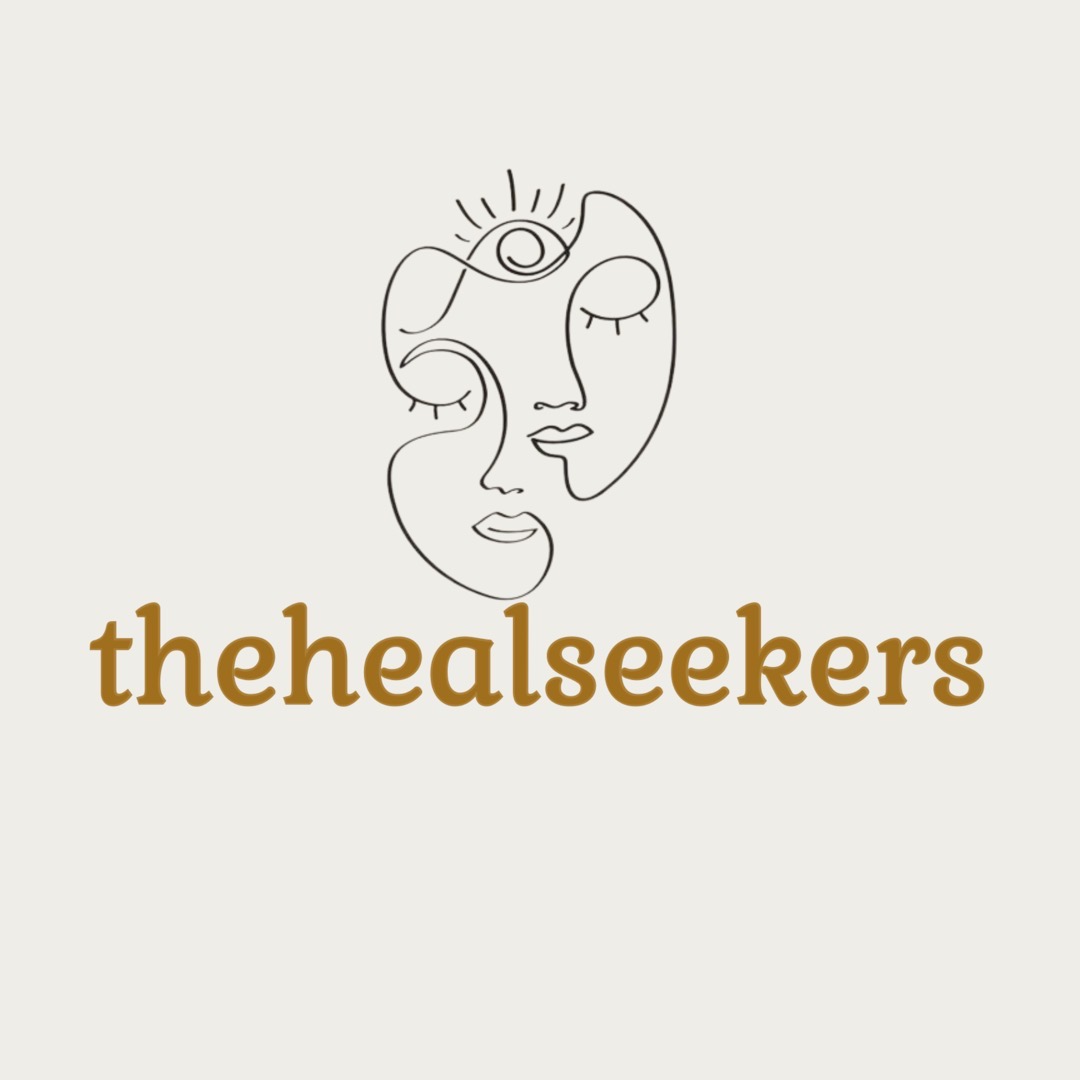Yesterday morning, I caught myself brushing my teeth like I was training for the Olympics. I mean really brushing — wrist flicking, foam flying, the whole high-intensity dental workout. And then, mid-scrub, I had this moment of clarity:
Why am I brushing like I’m late for a meeting I don’t even have?
That question stopped me in my (very rapid) tracks.
It’s funny — how the body remembers what the mind forgets. Mine, apparently, remembers an entire chapter of my life defined by deadlines, alarms, and the constant hum of hurry up.
The Bank Years
I used to work for a bank — and if you’ve ever worked in one, you know it’s not exactly a temple of zen. “Be at work by 7:30” really meant “be there by 7:10 so you can look calm by 7:30.”
Everything was fast. Getting dressed, getting to work, serving clients, responding to emails. The pace wasn’t just about efficiency; it was survival. If you didn’t move quickly, you lost — a client, a sale, or just your standing in the unspoken hierarchy of the “most put-together employees.”
And it wasn’t just the job. It was school too.
Years of rushing from one class to the next, speed-eating breakfast, memorizing formulas five minutes before an exam — it all trained my nervous system to live in a perpetual state of go.
Somewhere along the way, my body internalized a message:
“If you slow down, you’ll fall behind.”
The Irony of Having All the Time in the World
Fast forward to now. My schedule is mine. No boss breathing down my neck.
By all logical measures, I should be relaxed — thriving even.
But there I am, still brushing my teeth like I’m late for the revolution.
It’s ironic. I finally have what I once envied: time.
But instead of peace, I feel this subtle panic. A sense that I’m wasting something precious by not filling every minute with movement, output, progress.
Some days, I wake up with this strange guilt — like I’ve done something wrong by sleeping well. I’ll be mid-tea and feel a whisper of anxiety:
You’re falling behind.
You should be doing more.
Everyone else is out there being productive while you’re sitting here, breathing.
It’s ridiculous, but also… not.
Because the truth is, my body doesn’t know I’m safe now.
It still thinks it’s living in the old world — the one where speed meant survival.
The Nervous System Doesn’t Get the Memo
You can quit a job. You can change your lifestyle. But your nervous system? It takes its sweet time catching up.
Years of being in high-alert mode rewires your baseline. Your body starts equating rest with danger — because rest wasn’t an option when things were chaotic. Stillness feels unfamiliar, and the unfamiliar feels unsafe.
So even when life slows down, your system doesn’t. You might be sipping tea in silence, but internally you’re still scanning for the next thing to fix, finish, or prove.
It’s not ambition. It’s conditioning.
Relearning Slow
These days, I’m trying to teach my body a new language — one where calm isn’t laziness, and slow isn’t failure.
It’s harder than it sounds.
I’ve started doing small, almost silly things to rewire that old programming.
Like intentionally brushing my teeth slower.
Taking an extra minute to wash my face.
Breathing before I open my laptop.
Sometimes it feels uncomfortable — like I’m rebelling against an invisible supervisor who’s keeping score. Other times, it feels quietly radical. Like I’m finally living at my own speed instead of sprinting on someone else’s timeline.
And maybe that’s the whole point.
Because productivity is a tricky god — it never tells you when you’ve done enough. You keep offering your time and energy at its altar, hoping one day it’ll let you rest. But it doesn’t. It just moves the goalpost.
So, lately, I’ve been redefining what “productive” even means.
Maybe it’s not about output.
Maybe it’s about alignment — about doing things from a place of presence rather than panic.
Maybe the most productive thing I can do right now is to sit still long enough to hear myself think.
The Real Work
It’s strange how something as mundane as brushing your teeth can hold up a mirror to your entire nervous system.
But that’s how awareness works — it sneaks up in ordinary moments.
I used to think healing meant meditating under a tree or going on a silent retreat. Now I think it’s more subtle. It’s realizing that the way I hold my toothbrush, or the pace at which I drink my tea, is a reflection of the pace at which I live my life.
And I want a life that’s unrushed.
Not lazy. Not aimless. Just rooted in calm intention.
So, my toothbrush didn’t exactly tell me anything profound.
But it did remind me that even peace takes practice.

- Hey there! Welcome to thehealseekers, a space dedicated to helping women explore metaphysics, psychology, and self-development as tools for clarity, purpose, and goal achievement. I hope you find inspiration here.
Latest Post
 Self-developmentMarch 2, 2026Sustainable Success Requires Alignment: Why Effort Alone Is Not Enough
Self-developmentMarch 2, 2026Sustainable Success Requires Alignment: Why Effort Alone Is Not Enough Self-developmentJanuary 30, 2026What to Do When Your Career Looks Right on Paper But Feels Wrong Inside
Self-developmentJanuary 30, 2026What to Do When Your Career Looks Right on Paper But Feels Wrong Inside Self-developmentJanuary 30, 2026You Have an Attention Problem, and It’s Costing You Your Goals
Self-developmentJanuary 30, 2026You Have an Attention Problem, and It’s Costing You Your Goals Self-developmentJanuary 24, 2026How to Turn Your ‘Impossible’ Desires Into Reality
Self-developmentJanuary 24, 2026How to Turn Your ‘Impossible’ Desires Into Reality
